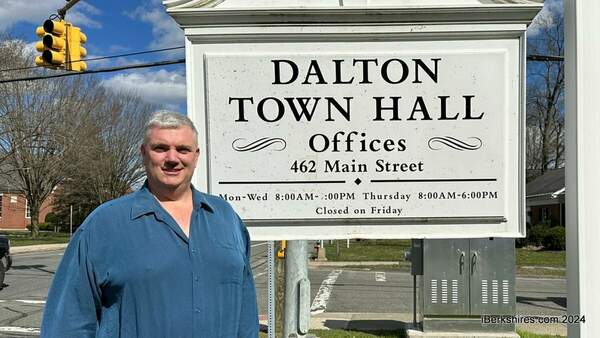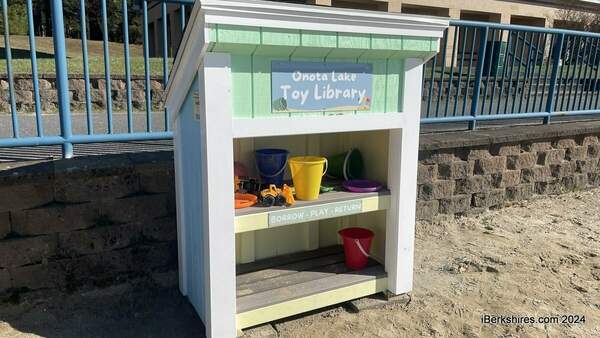
How Can You Help Your Kids Pay for College?
 |
It's still summer, but we're getting close to a new school year. One day, though, "back-to-school" will mean "off to college" for your children. Will you be financially prepared to help your kids cope with the costs of higher education?
Your first step, of course, is to know what you're up against, so here are some numbers: For the 2017-18 academic year, college costs (tuition, fees, room and board) were, on average, nearly $21,000 for in-state students at four-year, public schools and nearly $47,000 for students attending private colleges or universities, according to the College Board. And you can probably expect even bigger price tags in the years to come.
To help prepare for these costs, you might want to consider putting your money in a vehicle specifically designed to help build assets for college, such as a 529 education savings plan. All withdrawals from 529 plans are free from federal income taxes as long as the beneficiary you've named uses the money for qualified college, trade school or graduate school expenses. Withdrawals for expenses other than qualified education expenditures may be subject to federal, state and penalty taxes on the earnings portion of your plan. (However, tax issues for 529 savings plans can be complex, so please consult your tax advisor before investing.)
You can generally invest in the 529 savings plan offered by any state, but if you invest in your own state's plan, you may be able to claim a tax deduction or receive a tax credit.
By starting your 529 plan early, when your children are just a few years old, the investments within the plan have more time for potential growth. Plus, you can make smaller contributions each year, rather than come up with big lump sums later on.
A 529 plan is not the only education-savings tool you can use, but it has proven effective for many people. Yet you may also want to consider ways to keep college costs down in the first place.
For one thing, your children may be eligible for various forms of financial aid. Some types of aid depend on your family's income, but others, such as merit-based scholarships, are open to everyone. But you don’t have to wait until you get an offer from a school's financial aid office – you can explore some opportunities on your own. For example, many local and national civic and religious groups offer scholarships to promising young people, and your own employer may even provide some types of grants or assistance. Plus, your state also may offer other benefits, such as financial aid or scholarship funds. It can certainly take some digging to find these funding sources, but the effort can be worthwhile.
Here's another option for reducing college costs: Consider sending your child to a local community college for two years to get many of the "general" requirements out of the way before transferring to a four-year school for a bachelor's degree. Community colleges are typically quite affordable, and many of them offer high-quality programs.
A college degree is costly, but many people feel it's still a great investment in their children’s future. And by taking the appropriate steps, you can help launch that investment.
This article was written by Edward Jones for use by your local Edward Jones financial advisor. Courtesy of Rob Adams, 71 Main Street, North Adams, MA 01247, 413-664-9253.. Edward Jones, its employees and financial advisors cannot provide tax or legal advice. You should consult your attorney or qualified tax advisor regarding your situation. For more information, see EdwardJones.com.
Tags: college costs,















